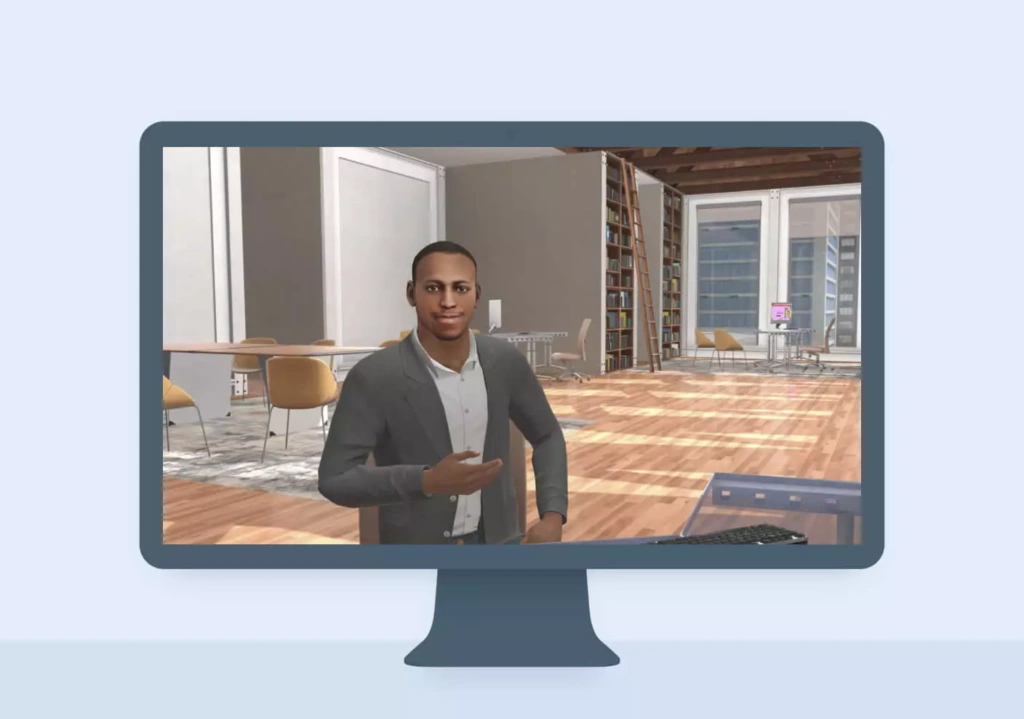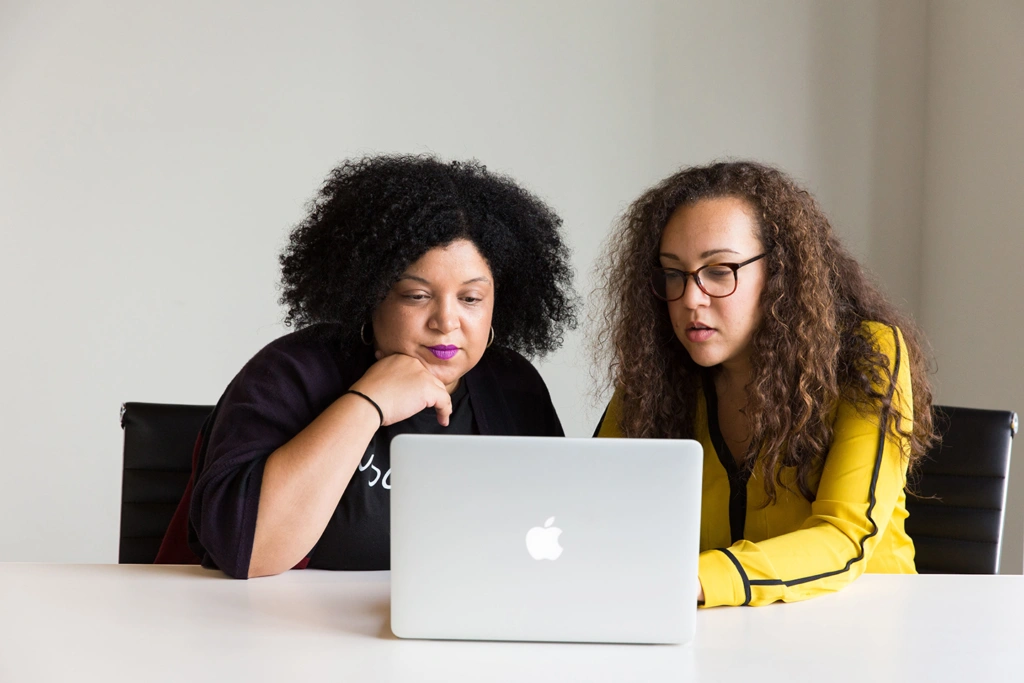The Challenge: Turning Good Intentions Into Lasting Behavior Change
Ericsson, a global leader in telecommunications and network services, has innovation in its DNA: both in its technology, and also in how it empowers its people.
Ericsson’s global talent management team confronted a critical insight: while diversity and inclusion (D&I) initiatives were embraced across the company, they weren’t consistently translating into day-to-day behaviors. Employees understood the concepts, but knowing wasn’t enough. They wanted to be upskilled.
As Rosario Saud Geraldino, Head of Talent Management for North America, put it:
Leaders and employees didn’t just want to know what they didn’t know. They asked to be upskilled.
Ericsson knew it was time to rethink how it tackled bias, with a goal to move from awareness to real, lasting change.
The Goal: Build a Science-Based, Behavior-First Approach
Ericsson set an ambitious goal:
- Empower leaders and employees with practical skills to make better, fairer decisions.
- Integrate behavioral change into the employee experience, not just surface-level training.
- Drive inclusion globally, across regions, teams, and cultures.
To succeed, they needed a solution grounded in science, simple to implement, and human at its core.
The Solution: Redesigning Processes and Learning Through Real Practice
Ericsson assembled a 25-person cross-functional task force to dive deep into its people processes, partnering with behavioral science firm MoreThanNow. Together, they mapped “moments that matter” — key decision points vulnerable to bias — and reengineered workflows before even touching D&I training.
When it came time to upskill employees, Ericsson took a bold approach. They launched “Upskilling for an Inclusive Future,” a seven-month program blending:
- Behavioral science-driven content from Dr. Grace Lordan of the London School of Economics
- Interactive simulations powered by Mursion, using human-controlled avatars to practice inclusive behaviors safely and effectively.
This immersive experience gave employees a unique opportunity to move beyond theory, and to practice critical conversations and behaviors in real time, without fear of judgment.
We designed with one mantra: scientific, simple, and human,” said Selina Millstam, VP & Global Head of Talent Management.
The Results: Measurable Change, Global Impact
The impact was clear and measurable:
- 80% of participants reported applying what they learned to their daily work habits, months after completing the program.
- Belonging scores across all genders reached global parity for the first time in three years, exceeding external benchmarks.
- Respect and dignity indicators across Ericsson continued to rise.
- Mursion simulations earned a Net Promoter Score of +50 and a 4.41/5 learner satisfaction rating.
Just as importantly, Ericsson fostered a culture of resilience and iteration. By piloting, learning, and improving quickly, they showed that lasting inclusion isn’t a one-time project, it’s an ongoing journey to which the organization is committed.
There is always gain. You either learn what works, or what doesn’t,” said Rosario Saud Geraldino.
Ready for the Full Story?
Download the complete case study to see how Ericsson continues to lead with innovation — transforming its culture, one behavior at a time.



